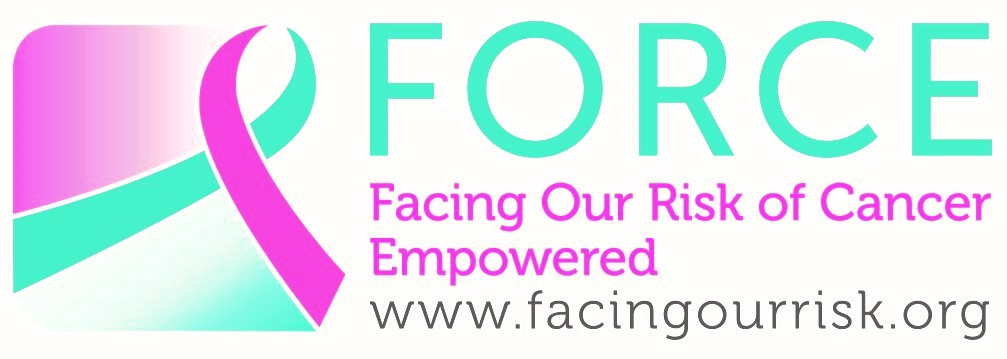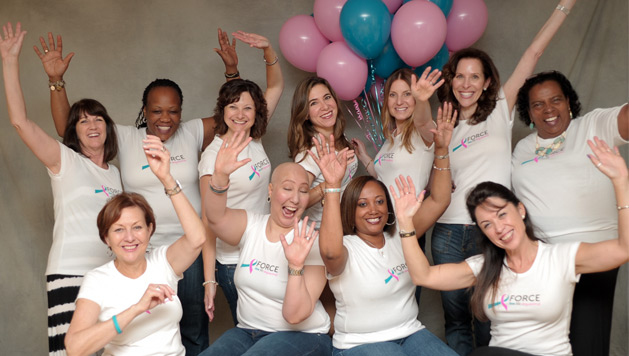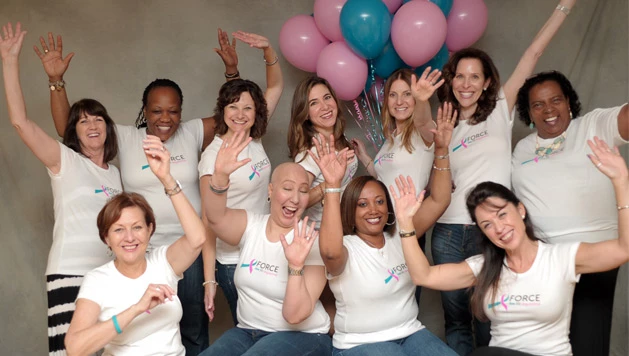What Do Young Breast Cancer Survivors Need to Know?
September is Ovarian Cancer Awareness month. The American Cancer Society estimates that 22,000 women will be diagnosed with ovarian cancer this year. There is no reliable method to screen for ovarian cancer, so most of these women will be diagnosed at a late stage and only about 45% will survive five years after diagnosis.
Who is at risk?
The average woman has about a 1.3% lifetime risk of developing ovarian cancer but for some, the risk is much higher. Genetic testing can now identify women at high risk of developing ovarian cancer during their lifetime due to inherited mutation.
- BRCA1 mutations leading to a 50% chance of developing ovarian cancer.
- BRCA2 mutations leading to a 30% chance of developing ovarian cancer.
- Mutations in other genes including BRIP1, RAD51c, RAD51d, and the genes associated with Lynch syndrome also increase ovarian cancer risk.
An estimated one in five women with ovarian cancer will have a mutation in a gene associated with hereditary cancer. As a result, all women with ovarian cancer meet national guidelines for genetic counseling and/or testing for hereditary cancer.
Reducing ovarian cancer risk
Ovarian cancer is difficult to detect. Experts recommend identifying women who are at high risk for ovarian cancer so they can consider risk-reducing surgery where the ovaries and fallopian tubes are removed before cancer develops.
What does this mean for young breast cancer survivors?
Many of the mutations that increase ovarian cancer risk also increase breast cancer risk. Women who were diagnosed with breast cancer before the age of 50 meet national guidelines for genetic counseling and/or testing.
What can you do?
1.) Know you're the history of cancer on both sides of your family
Mutations in the genes that increase ovarian cancer risk can be passed down from your father or your mother. Look for the following signs of hereditary cancer on both sides of your family:
- Ovarian or fallopian tube cancer at any age
- Breast cancer at age 50 or younger
- Cancer in both breasts at any age
- Male breast cancer
- Triple-negative breast cancer before age 60
- Ashkenazi Jewish heritage and breast cancer before age 60
- Multiple relatives on the same side of the family with breast, ovarian, prostate, melanoma and/or pancreatic cancers.
2.) Find out if you should talk to a genetics expert
A genetics expert can look at your personal and family history and help you decide if genetic testing is right for you. Consult with a genetics expert with if:
You were diagnosed with breast cancer before age 50 have not had genetic counseling or testing. National guidelines on who is eligible for genetics evaluation for cancer risk have evolved over the past decade and women who were not offered testing in the past might now qualify.
You tested negative for a mutation in BRCA1 and BRCA2 before 2013 (particularly if you have a family history of cancer). Genetic testing has also changed over the past few years, with expanded panels now looking at different types of mutations in BRCA1 and BRCA2 as well as mutations in other genes that increase cancer risk.
Knowing that you have a mutation that increases ovarian cancer risks allows you to take steps to reduce your risk of ovarian cancer and inform other family members that they might be at risk for hereditary cancer. This September, consider your family history and see if genetic counseling and testing is right for you.
 ***
***
Lisa Rezende, PhD is Vice President for Education at FORCE, a national nonprofit dedicated to improving the lives of individuals and families affected by hereditary breast, ovarian and related cancer.
Additional Resources from FORCE
Know More: resources for women with ovarian cancer.
“Should I Get Genetic Testing?”: the most requested resources on genetic testing
FORCE XRAYS program reviews breast cancer stories in the media. Learn more about ovarian cancer in their XRAYS report “Institute of Medicine report on state of ovarian cancer research and patient care underscores the need to know if you are at high risk for ovarian cancer,” which reviews recent recommendation to improve ovarian cancer risk prediction, prevention, early detection, and care.
Learn more about hereditary breast and ovarian cancer at the 2016 Joining FORCEs Against Hereditary Cancer Conference, which will be held October 6th-8th in Orlando, Florida.





